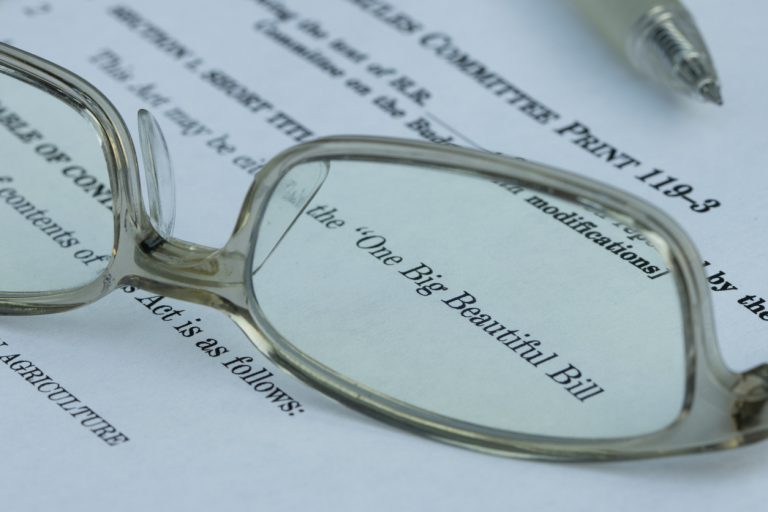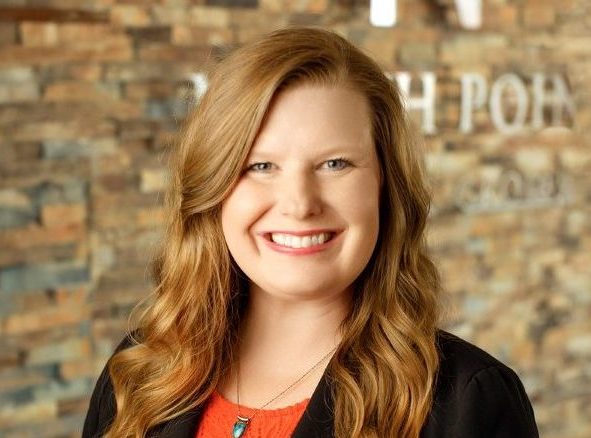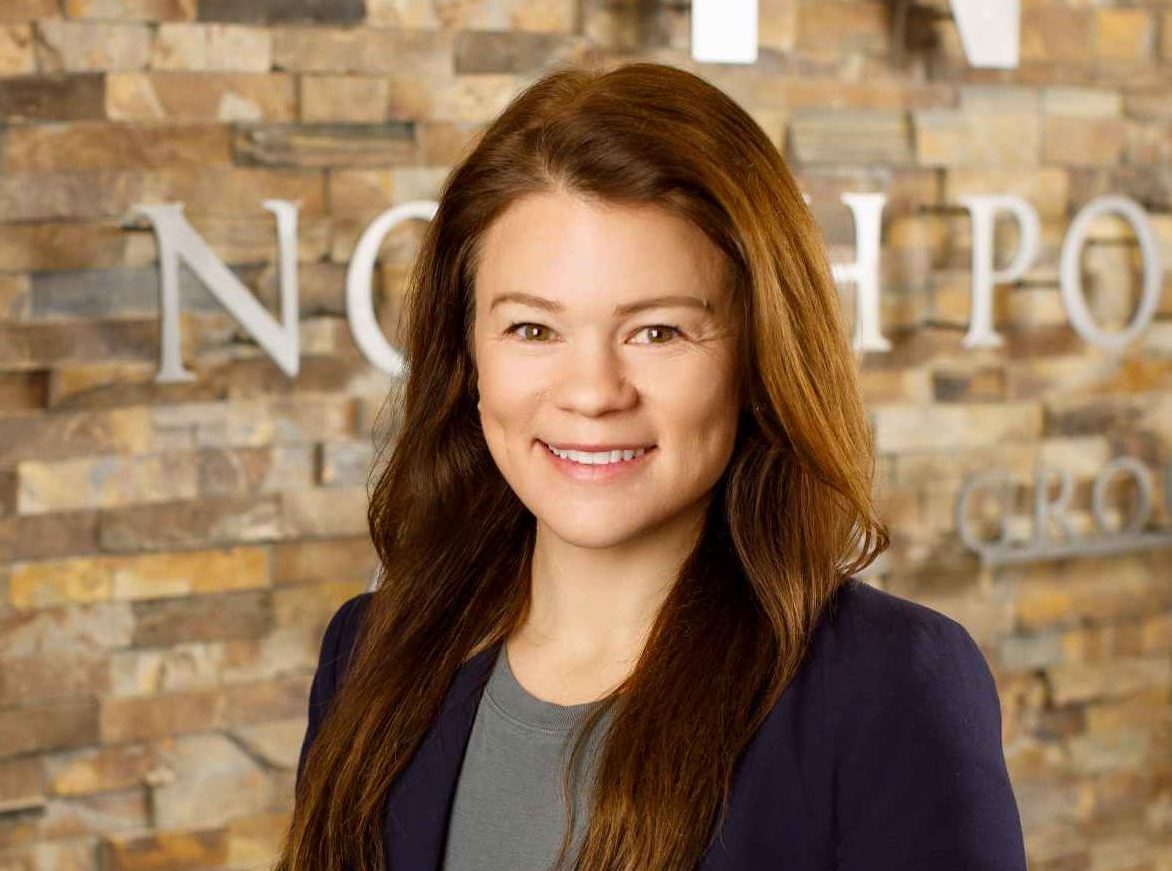In part one of the OBBB, we covered changes that primarily affected individual taxpayers. In this part, we will go through the changes on the business side of the bill and how this may affect the company you own or work for. In 2017, when the Tax Cuts and Jobs Act (TCJA) came out, we saw permanent changes to the business tax law. The OBBB has made some additional changes and adjustments to the business tax laws, and here are the highlights business owners should know.
Qualified Business Income (QBI)
The qualified business income deduction was set to expire at the end of 2025 with the TCJA. This 20% deduction for qualified business income was made permanent with the OBBB and is here to stay. If you have a business entity that flows to your personal return (Partnerships & S-Corporations) you can take advantage of this above-the-line deduction of 20% of all business income. In 2025 when your income is above $394,600 (MFJ) or $197,300 (single) you begin to get phased out of the 20%. There are other things to consider when this happens, so please refer to your tax advisor with questions.
Bonus Depreciation
Bonus Depreciation has been slowly declining since 2023 with the TCJA, and is set to go to 0% in 2027. For eligible properties, bonus depreciation is back for all assets purchased (new or used) after January 19, 2025. Eligible property includes most property, such as equipment, computer hardware and software, certain vehicles, furniture, qualified improvement property (interior improvements only), and more. Bonus Depreciation can cause a loss on business income, unlike other accelerated depreciation methods, such as the section 179 deduction. This can be highly effective in tax planning scenarios for businesses and individuals.

Research and Developmental/Experimental Expenditures (Domestic)
Research and Development (R&D) expenses prior to 2022 were fully expensed in the year they were incurred. With the TCJA, this changed in 2022; businesses were forced to amortize these expenses over 5 years. With the new OBBB, businesses under $31 million in gross receipts can fully expense R&D expenses, and there is no need to amortize. Retroactively, businesses can go back to 2022, 2023, and 2024 tax returns to immediately deduct R&D expenses that were amortized and potentially claim refunds. If business owners do not want to go back retroactively, they can deduct the remaining amortized R&D costs in 2025 or spread them evenly between 2025 and 2026. This only applies to domestic expenses.
Credit for Paid Family and Medical Leave
This credit has been permanently extended for businesses. This allows the business to claim a credit on premiums paid for insurance policies providing paid and family leave for employees. This is a great credit for businesses, especially as more states make it mandatory to offer paid family and medical leave. Minnesota starts this mandatory offering in 2026.

Changes in 1099’s
1099Ks or third-party network transactions were set to be reported on any amount over $5,000 for 2024 going forward. With OBBB this is changed to $20,000 or 200 transactions. Business owners who are getting paid through a third-party online network will only receive a 1099K if they are over these thresholds.
1099-NEC and 1099-MISC needed to be sent out to all subcontractors that businesses pay over $600 in the year. This amount has been updated to $2,000 for year 2026 going forward. Businesses should keep track of all subcontractors, but with the increase, they should have to file fewer 1099s at the end of the year.
Employee Retention Credits (ERC)
Employee Retention Credits (ERC) were a big deal during COVID, allowing employers to go back and claim a credit for wages paid to employees during the lockdowns. With this came many ERC promoters who were filing these credits on behalf of businesses but not following all the rules and regulations. Due to the increased volume of false and fraudulent reporting, the IRS is no longer accepting ERC claims after January 31, 2024. If you filed after this date, you will not be granted this credit. They have also extended the statute of limitations to audit these claims to six years from the date the credit was claimed. These audits are in process, and with this extended time, the IRS plans to sort through the flood of fraudulent claims.

With the new OBBB rules and regulations, businesses and individuals are seeing a lot of “tax law changes” in the news, on social media, or just from talking to friends and family. If you have a specific question about any of these changes, please reach out to your tax advisor, not your social media feed. This new bill has many changes, and I would never want someone to walk into tax season not prepared for a large tax bill because they saw something on social media that turned out to be wrong. Everyone’s situation is different; please consult your tax advisor if you have questions about your business or personal situation.































